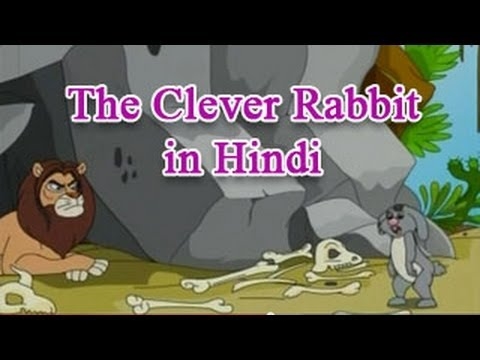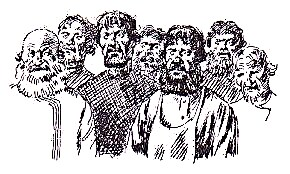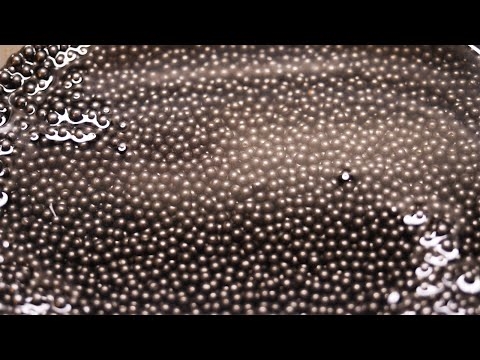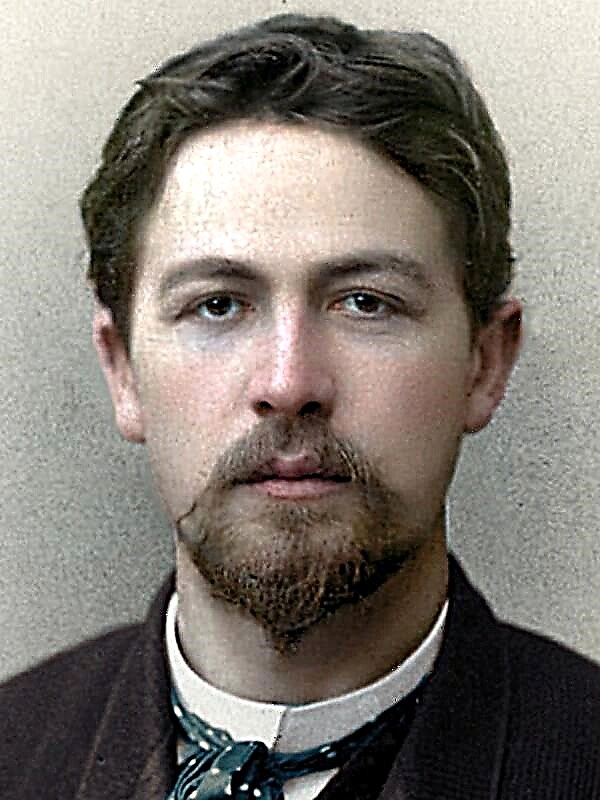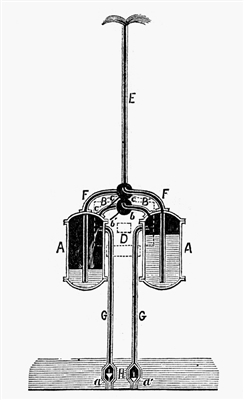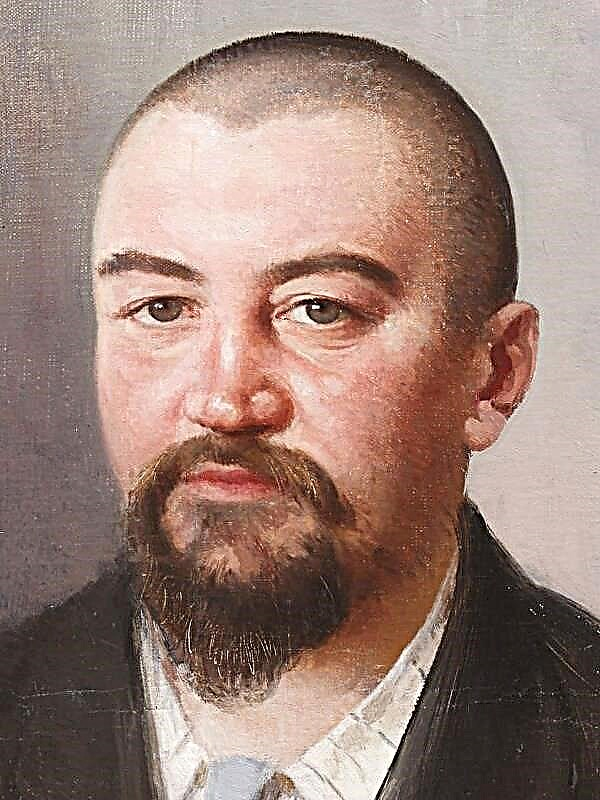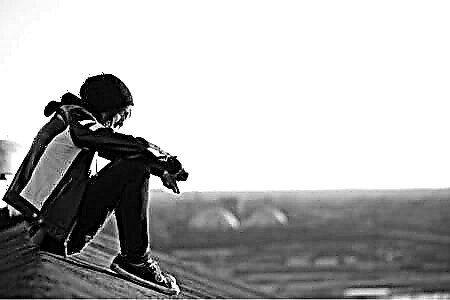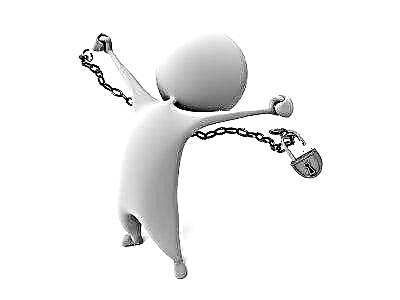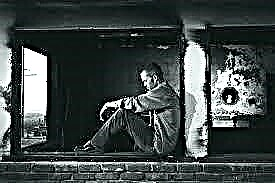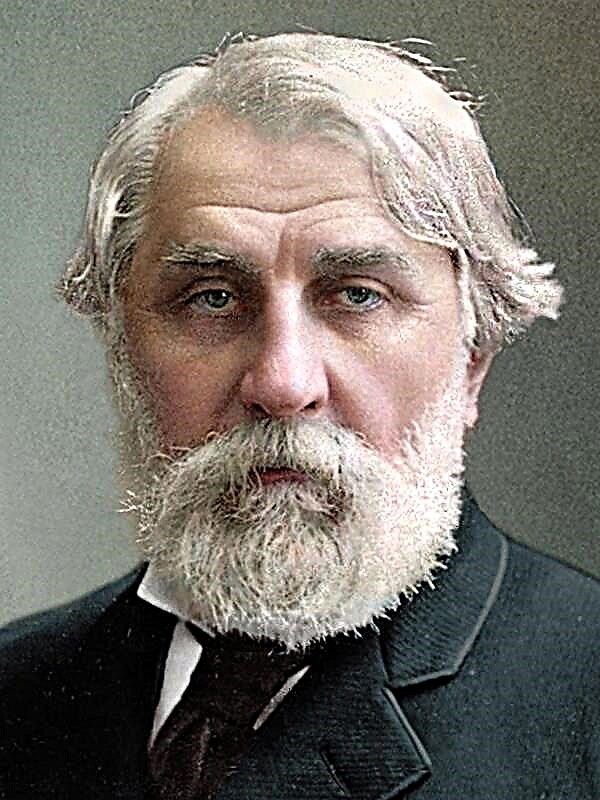(377 words) I like Silver Age poetry for its charm of novelty. Then completely new artists of the pen entered the poetic scene, and each of them brought something of his own to the literary work. Classical examples of the word of art were enriched by other trends and motives, sizes and meanings. But each reader has a favorite on this modernist scene, and my choice is Valery Bryusov.
My preference is easy to explain, because Bryusov is not only an innovator, but also a man who managed to save all the best from the classics of Russian literature. He is a wealthy heir to Pushkin, Lermontov, Tyutchev and other masters of his craft. His syllable is not replete with the innovation of form, but its content is worthy of the attention of any lover and connoisseur of the word of art. In addition, he managed to bring masculinity and rigor to the elegant lines, and in each of his works I see the solemnity and seriousness of the muse that inspired the creator.
My favorite work is The Dagger. Using the example of this poem, I can explain why this author captivated me. Firstly, he managed to rethink the classic image of the dagger as a reflection of the destiny and fate of the poet. So masters of fine literature imagined Lermontov. Bryusov’s poem inherits metrics, rhythm, and imagery from his “Poet”. The very likening of a poet to a dagger, the opposition of a poet to a crowd, a strict alternation of six-foot lines with male rhymes and five-foot lines with female ones (Bryusov also has 6 lines of foot odd and has male endings, and lines of 5 and 7 feet are female) - all this combines poems by Lermontov and Bryusov. But against this general background, the differences are especially clearly visible. If the hero of Mikhail Yuryevich renounced his duty and was likened to a useless souvenir on the wall, which does not serve as a weapon, but only pleases the eye, then his descendant, the poet, felt the call of history, heard an appeal in the thunder and realized his role and responsibility to society. In the finale, he goes to the call of his era and engages in a battle, the appeal of which was the thunder of heaven. In my opinion, Bryusov’s active life position is much better than Lermontov’s sad condemnation. I am inspired and motivated by a positive image, not its fall and oblivion. The poetry of the modernist oozes the juice of life, she calls forward, but does not complain about the lack of a call.
Thus, it was V. Bryusov’s work that largely determined my attitude to life. Its lines tell of strong heroes who are not afraid of labor and their time, who want and do what they took up on their own initiative. The cheerful spirit of his poems helps to overcome life's obstacles, so I like his poetry.

